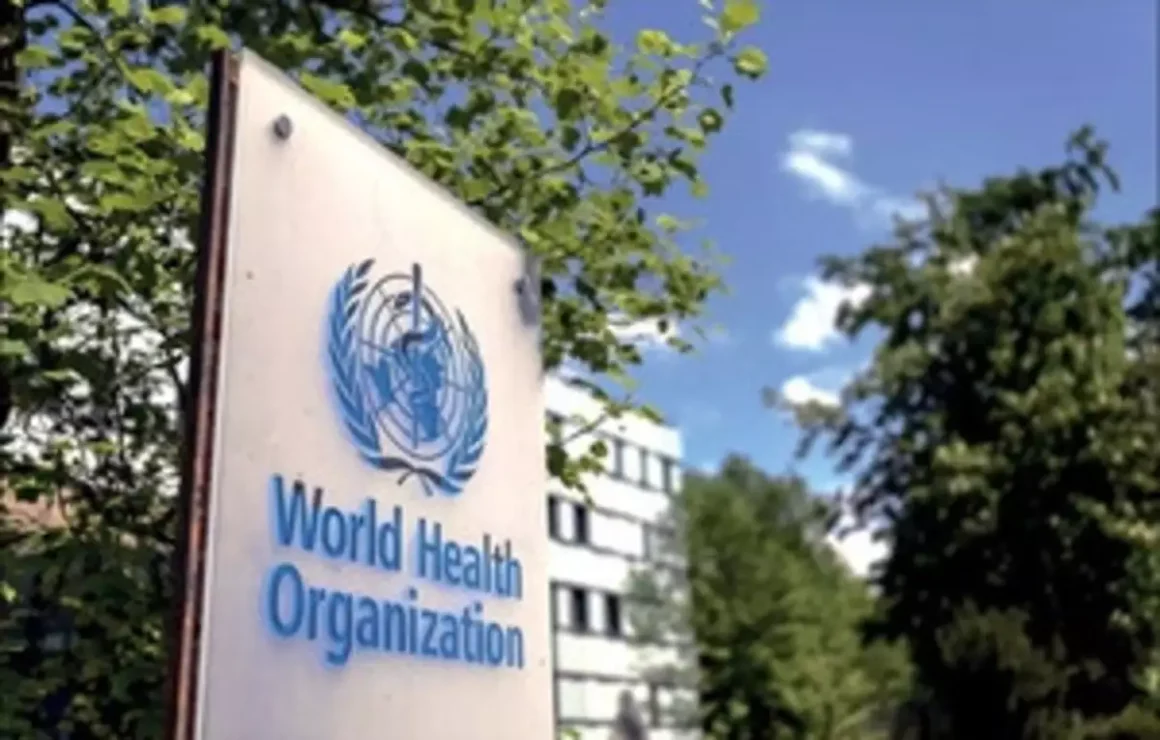New Delhi | 7 October 2024: The Seventy Seventh Session of the WHO Regional Committee for South-East Asia commenced today with Member States and WHO committing to holistic and collaborative action to overcome existing and emerging public health challenges.
“Collective experiences can drive transformative actions across countries. Health transcends borders, necessitating a holistic and collaborative approach. By learning from each other’s successes and challenges. We can enhance the resilience of health systems, “said Mr J P Nadda, the Minister for Health and Family Welfare. Government of India, and the chair of the Regional Committee Session.
He emphasized on unity in addressing global challenges, fostering inclusive, human-centric growth, building trust by acknowledging aspirations and harnessing each nation’s strengths for the global good.
Inaugurating the session, Regional Director Saima Waze underline that the “best antidote for crises is cooperation.” She underscore the need for collaborative regional action to build on the public health gains and overcome new threats in the Region.
“In 1948, when the first Regional Committee for South-East Asia formed, the infant mortality rate globally was around 147. Today it is 25. Then, the antibiotic age had just begun. Today, we faced with antimicrobial resistance. Think of how far we have come, and how far we still have to go. And so, as we conquer old threats, we faced with new ones. It is upon us to confront the perils of today, with the collective wisdom of all who came before us – and with the tools of the 21st century. This is why we here today,” the Regional Director said.
In his message to the Regional Committee, WHO Director-General Dr Tedros Adhanom Ghebreyesus lauded the Region for its many achievements in disease elimination and reiterated WHO continued support to Member States on addressing the challenges.
“Notwithstanding your many successes, the region faces many challenges, as you know: the growing burden of noncommunicable diseases and mental health; the unfinished business of reducing neonatal and under-5 mortality; the growing threat of antimicrobial resistance; inequitable access to health services and essential medicines; the continuing burden of tuberculosis,” he said. The Director-General’s message read by Dr Razia Pendse, Chef de Cabinet.
Ministers of Health, senior health officials, public health experts and representatives from non-governmental organizations are attending the annual governing body meeting is held in New Delhi from 7-9 October.
A high-level ministerial roundtable on adolescent-responsive health systems scheduled tomorrow. The Regional Committee will review progress towards achieving universal health coverage and health-related Sustainable Development Goals. Progress reports on resolutions from the previous Regional Committee sessions such as traditional medicines; strengthening health workforce education and training; and intensifying activities for dengue control and malaria elimination; decade of action to end viral hepatitis, HIV and STIs; among others, will also discussed during the Regional Committee session.
Also read – WHO Launches Global Plan To Combat Dengue, Other Viruses: What Is The Plan?

